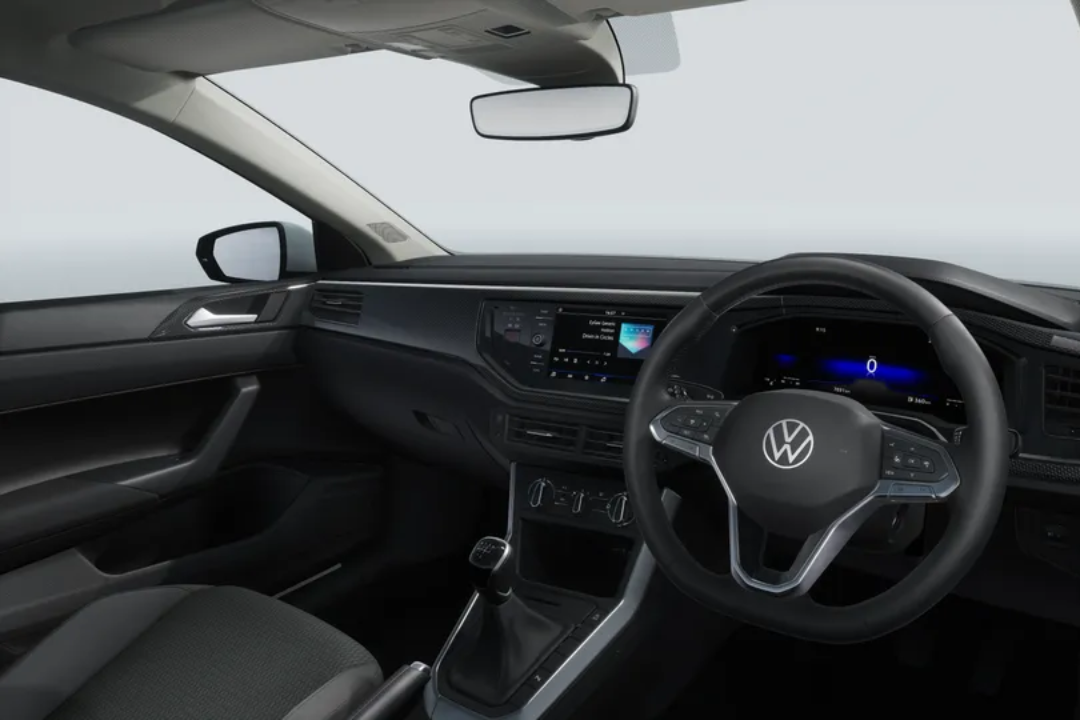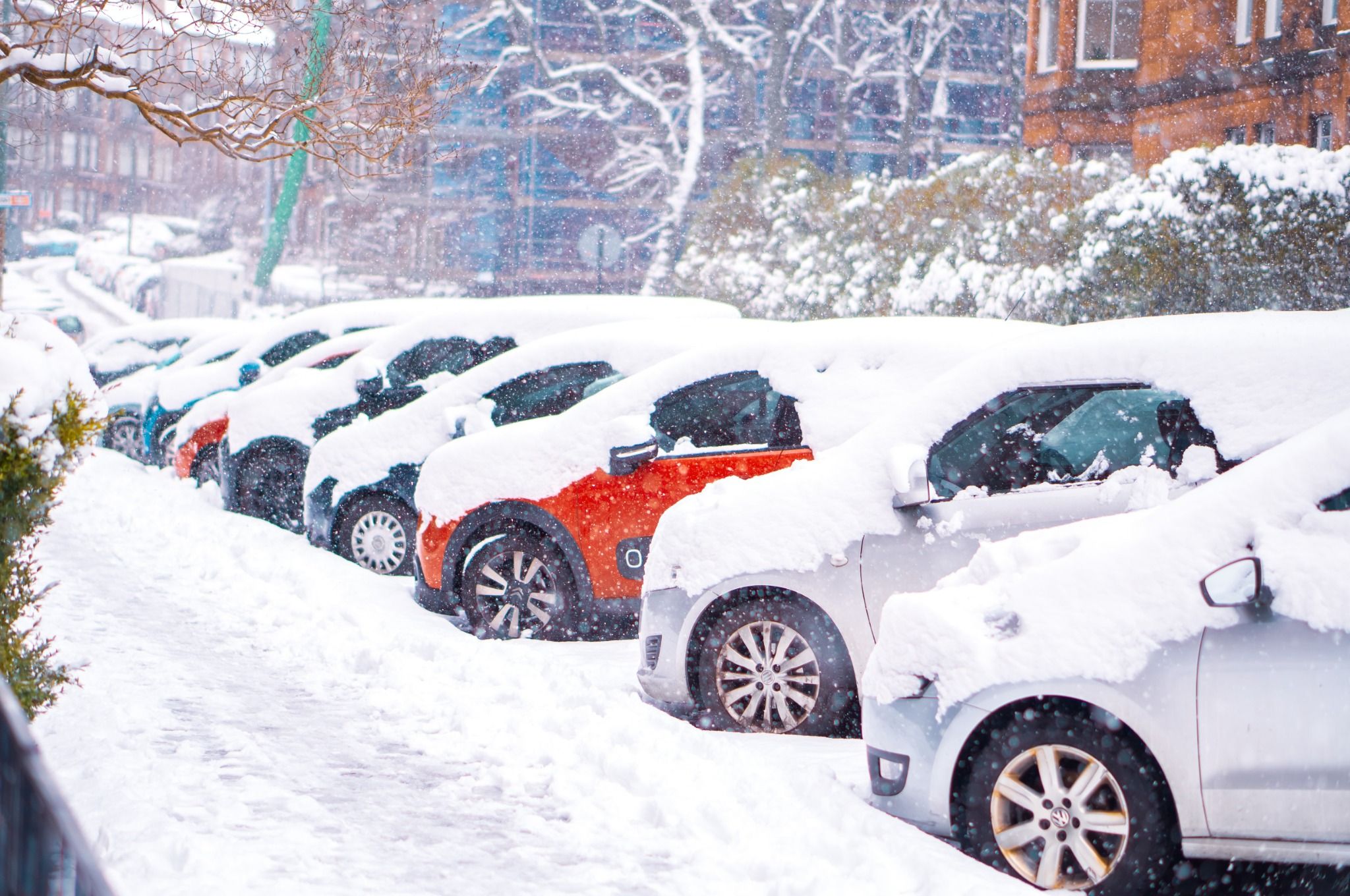VW Match Trims Are Exceptional Value for Money
When purchasing a car, we often find ourselves debating whether to go for the base model, splurge on the top trim, or settle somewhere in between.

When purchasing a car, we often find ourselves debating whether to go for the base model, splurge on the top trim, or settle somewhere in between.

If you're looking for a car on the Motability scheme with seven seats, we've picked out the best seven seaters currently available on the scheme.

If you’re looking for the best new car on the Motability scheme, we’ve listed some of our favourites that are available with advanced payments today.

Discover the best automatic cars covered by the Motability scheme for disabled drivers and carers from the likes of Audi, Honda, and VW by visiting Swansway Garages today!

As the temperatures plummet and many of us were greeted to snow or ice on the ground this morning, the interior of our cars is often the last place we expect to see frost. But with winter weather comes freezing windscreens that can cause delays and frustration for drivers.

With eligibility for the Motability Scheme expanding criteria over the last few years and the introduction of Personal Independence Payment (PIP), the number of Motability customers aged under 25 has risen.

The Motability scheme gives people freedom that would they’d otherwise be denied and there are 1,000s of different brands, models and variants available on the scheme; but as we become a nation of fully electric and hybrid loving drivers, is the Motability scheme keeping pace, with our thirst for non-thirsty cars?

The size of car you decide on will be influenced by many different factors but if you’re looking for something a bit bigger, why not consider an SUV?

Getting your car ready for winter? We’re often asked are winter tyres worth it. Take a look at the benefits of winter tyres.

Audi’s SUV range is broad and extensive, but this should help you choose the right one for you?

